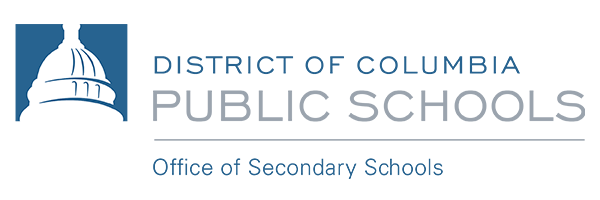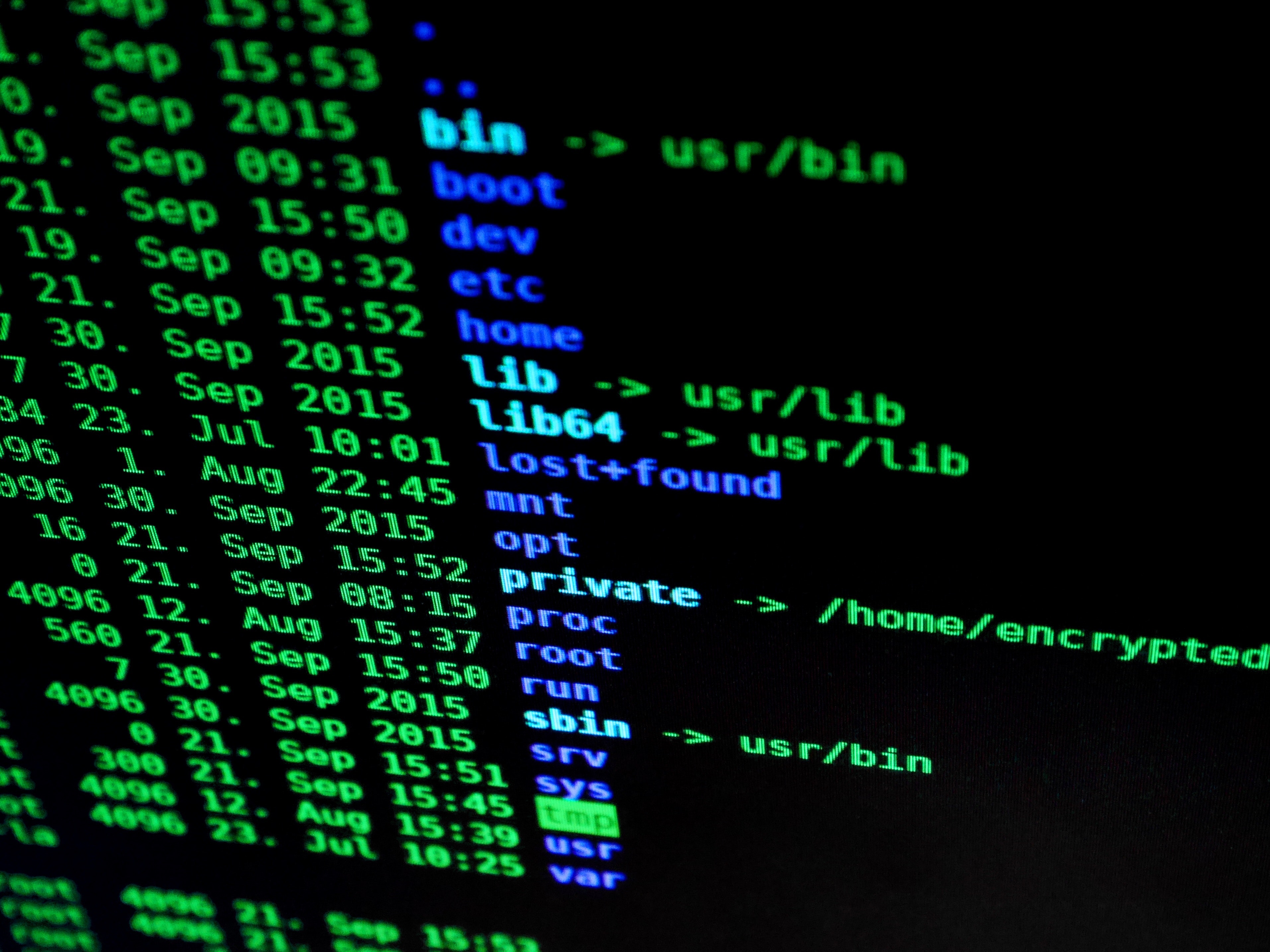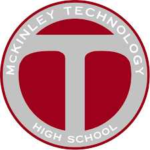Course Sequence:
Level I: Computer Science Essentials
In Computer Science Essentials, students will use visual, blockbased programming and seamlessly transition to text-based programming with languages such as Python to create apps and develop websites and learn how to make computers work together to put their design into practice. They’ll apply computational thinking practices, build their vocabulary, and collaborate just as computing professionals do to create products that address topics and problems important to them.
Level II: AP Computer Science Principles
Computer Science Principles helps students develop programming expertise and explore the workings of the Internet. Projects and problems include app development, visualization of data, cybersecurity, and simulation. PLTW is recognized by the College Board as an endorsed provider of curriculum and professional development for AP® Computer Science Principles (AP CSP).
Level III: AP Computer Science A
Computer Science A focuses on further developing computational-thinking skills through the medium of Android™ App development for mobile platforms. The course utilizes industry-standard tools such as Android Studio, Java™ programming language, XML, and device emulators. Students collaborate to create original solutions to problems of their own choosing by designing and implementing user interfaces and Web-based databases. PLTW is recognized by the College Board as an endorsed provider of curriculum and professional development for AP® Computer Science A (AP CS A).
Level IV: Cybersecurity
Cybersecurity introduces the tools and concepts of cybersecurity and encourages students to create solutions that allow people to share computing resources while protecting privacy. Nationally, computational resources are vulnerable and frequently attacked; in Cybersecurity, students solve problems by understanding and closing these vulnerabilities. This course raises students’ knowledge of and commitment to ethical computing behavior.
Earn college credits
Marymount University
| DCPS Courses | Required Grade | PG Course | Credits |
|---|---|---|---|
| Computer Science Essentials | C or better | Python Scripting (IT129) | 3 |
| Cybersecurity | C or better | Cybersecurity Principles (IT120) | 3 |
| Computer Science A | C or better | Mobile App Development (IT227) | 3 |
| Computer Science Principles | C or better | Intro to Computer Systems and Architecture (IT112) | 3 |
Delaware State University
| DCPS Courses | Required Grade | PG Course | Credits |
|---|---|---|---|
| Honors Cybersecurity (CS) | B or higher | Area Elective (CSCI-990) | 3 |
| AP Computer Science A | Students must obtain a score of 4 or higher on the AP exam | Elements of Computer Programing I (CSCl120) | 4 |
| AP Computer Science Principles | B or higher | Computational Thinking II (CSCI 111) | 2 |
University of the District of Columbia Community College
| DCPS Courses | Required Grade | PG Course | Credits |
|---|---|---|---|
| Advanced Placement (AP), Computer Science A, Cybersecurity | B or higher | Computer Science II Lecture (APCT 232C) Computer Science II Laboratory (APCT 234C) | 3 1 |
| Computer Science Essentials, AP Computer Science Principles | B or higher | Computer Science I Lecture (APCT 231C) Computer Science I Laboratory (APCT 233C) | 3 1 |
Virginia State University
| DCPS Courses | Required Grade | PG Course | Credits |
|---|---|---|---|
| Computer Science II | B or higher | Introduction to the Computer Science Profession (CSCI 101) | 2 |
| Computer Science I | B or higher | Introduction to the Computer Science Profession (CSCI 101) | 2 |
| Fundamentals of Computer Science | B or higher | Introduction to the Computer Science Profession (CSCI 101) | 2 |
Bowie State University
| DCPS Courses | Required Grade | PG Course | Credits |
|---|---|---|---|
| 80% or higher in all DCPS CS Pathway courses and must have taken each endof-course assessment and scored at least at the practiced level | Freshman Seminar (FRSE 101 ) Computer Science I (COSC 112) Computer Science Elective (COSC XXX) | 3 4 3 |
University Maryland Eastern Shore
| DCPS Courses | Required Grade | PG Course | Credits |
|---|---|---|---|
| 80% or higher in all DCPS CS Pathway courses and must have taken each endof-course assessment | Introduction to Computing (CSDP 120) Special Software Workshop () Computer Utilities Workshop (CSDP 155) | 3 1 |







